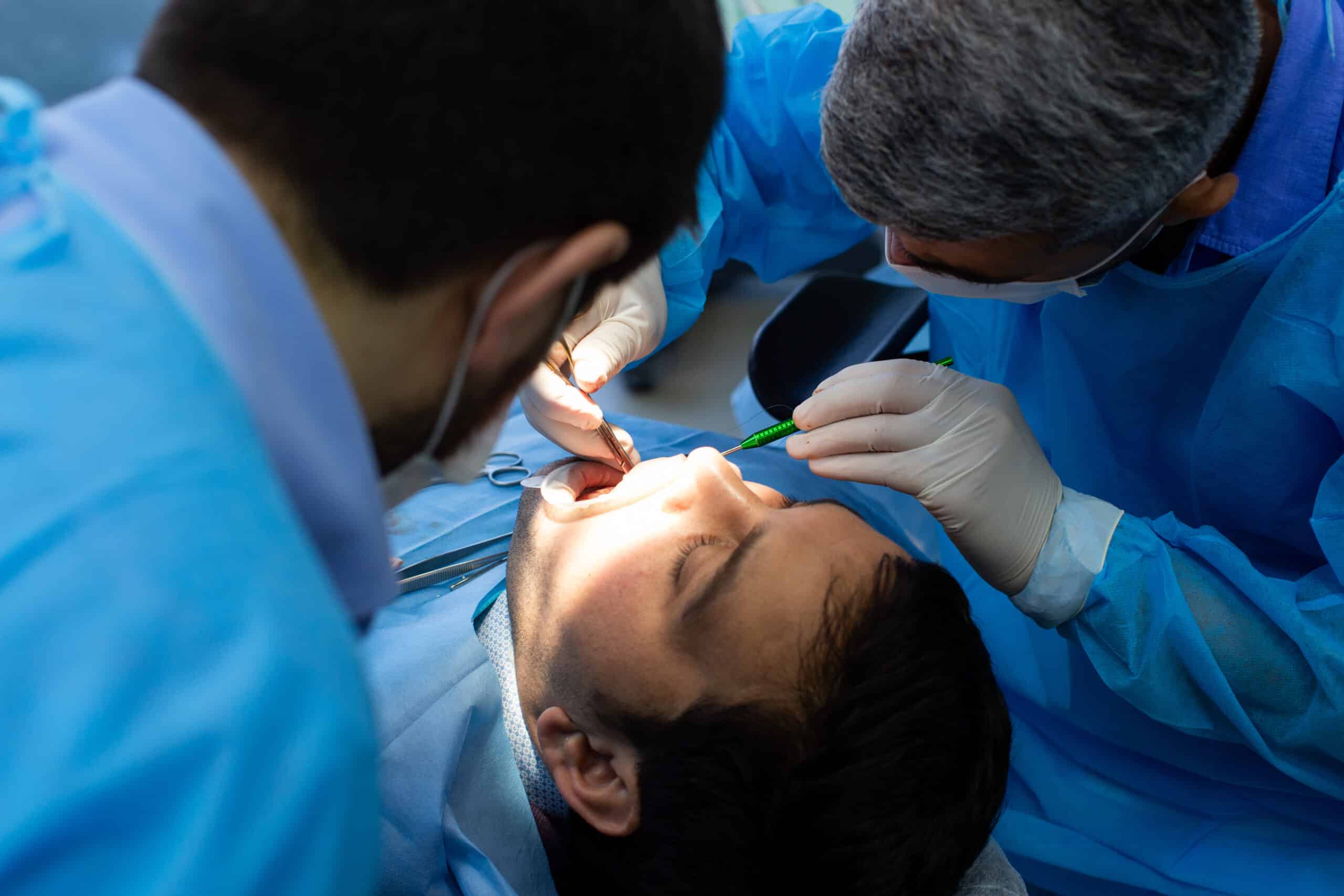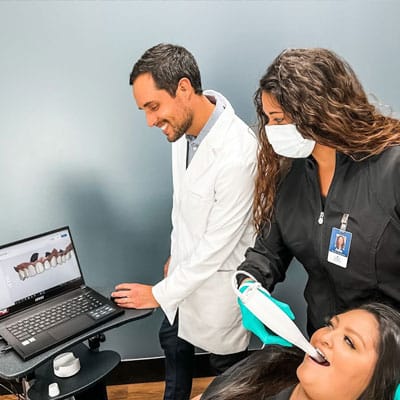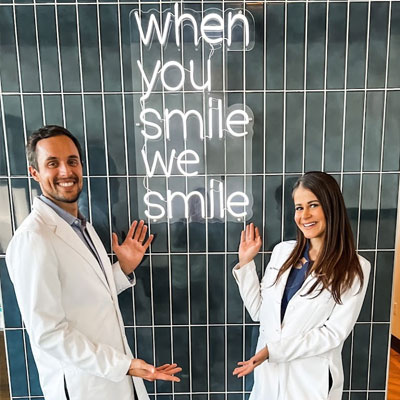
In the realm of dental health, identifying cavities early is key to maintaining a healthy smile. Understanding the signs and symptoms can help you take proactive steps to address any potential issues. Here are five effective ways to determine if you have a cavity and how to manage it.
What is a Cavity?
A cavity, also known as dental caries, is a hole or structural damage in a tooth caused by bacteria and acids. These harmful substances attack the tooth enamel, leading to decay and potential complications if left untreated.
Common Symptoms of a Cavity:
- Tooth Sensitivity: Increased sensitivity to hot, cold, or sweet foods and beverages can be a sign of enamel erosion and cavity formation.
- Toothache: Persistent or intermittent tooth pain, especially when biting down or applying pressure, may indicate advanced decay.
- Visible Holes or Pits: Inspecting your teeth for visible signs of decay, such as small holes, dark spots, or pits, can help detect cavities early.
- Discoloration: White, brown, or black spots on the surface of the teeth may signify the presence of decay and require dental evaluation.
- Bad Breath: Persistent bad breath, despite regular oral hygiene practices, can result from bacteria and decaying food particles in cavities.
Visiting the Dentist for a Checkup:
Regular dental checkups with a dentist in Denver are essential for detecting cavities and addressing oral health concerns. Dentists can perform comprehensive exams, including visual inspections, X-rays, and cavity screenings, to assess the condition of your teeth and gums.
DIY Home Remedies to Relieve Pain:
While home remedies can provide temporary relief from cavity-related discomfort, they are not substitutes for professional dental care. Rinsing with warm saltwater, applying clove oil, or using over-the-counter pain relievers may help alleviate symptoms until you can see your dentist.
Prevention Tips for Avoiding Cavities:
Maintain Good Oral Hygiene:
Brush your teeth twice a day with fluoride toothpaste, using proper brushing techniques to remove plaque and bacteria. Don’t forget to brush your tongue and gums as well.
Floss Daily:
Regular flossing helps remove food particles and plaque from between teeth and along the gumline, where toothbrushes may not reach effectively.
Use Mouthwash:
Incorporate an antimicrobial mouthwash into your oral hygiene routine to help reduce bacteria and prevent plaque buildup.
Limit Sugary and Acidic Foods:
Minimize consumption of sugary snacks, candies, sodas, and acidic beverages like citrus juices and sports drinks. These foods and drinks contribute to enamel erosion and cavity formation.
Drink Plenty of Water:
Water helps wash away food particles, bacteria, and acids from the mouth, promoting saliva production and maintaining oral pH balance.
Chew Sugar-Free Gum:
Chewing sugar-free gum after meals stimulates saliva flow, which helps neutralize acids, remineralize enamel, and wash away food particles.
Consider Dental Sealants: Dental sealants are thin protective coatings applied to the chewing surfaces of molars and premolars to prevent bacteria and food debris from accumulating in the pits and fissures.
Eat Tooth-Friendly Foods:
Consume a balanced diet rich in fruits, vegetables, lean proteins, and dairy products. Foods high in calcium and phosphorus, such as cheese, yogurt, and leafy greens, help strengthen tooth enamel.
Avoid Snacking Before Bed:
Eating or drinking sugary or acidic substances before bedtime increases the risk of cavities as saliva production decreases during sleep, allowing bacteria to thrive.
Visit Your Dentist Regularly:
Schedule biannual dental checkups and cleanings with your dentist in Denver to detect cavities early, receive professional cleanings, and discuss preventive measures tailored to your oral health needs.
Importance of Regular Dental Care:
Prevents Oral Health Problems:
Regular dental checkups and cleanings help prevent common oral health issues such as cavities, gum disease, and tooth decay. Early detection allows for prompt treatment and reduces the risk of complications.
Detects Dental Problems Early:
Routine dental exams enable dentists to identify potential problems early, including cavities, gum inflammation, oral cancer, and signs of teeth grinding or TMJ disorders. Early detection increases the chances of successful treatment and prevents further damage.
Maintains Oral Hygiene:
Professional dental cleanings remove plaque, tartar, and stubborn stains from the teeth and gumline, promoting optimal oral hygiene. Regular cleanings help prevent gum disease, bad breath, and tooth discoloration, keeping your smile bright and healthy.
Preserves Overall Health:
Oral health is closely linked to overall health and well-being. Regular dental care reduces the risk of systemic health problems such as heart disease, stroke, diabetes, respiratory infections, and complications during pregnancy.
Promotes Early Dental Education:
Dental visits provide opportunities for patients to learn about proper oral hygiene practices, dietary habits, and lifestyle choices that promote oral health. Dentists offer personalized guidance and recommendations to help patients maintain healthy smiles for life.
Enhances Self-Confidence:
A healthy smile boosts self-esteem and confidence, allowing individuals to interact socially and professionally with confidence. Regular dental care ensures a beautiful smile and contributes to overall well-being and quality of life.
Saves Time and Money:
Preventive dental care is more cost-effective than treating advanced oral health problems. Routine checkups and cleanings help prevent costly and invasive dental procedures in the future, saving time, money, and discomfort.
Establishes Long-Term Relationships:
Regular visits to the dentist foster trust and rapport between patients and dental professionals. Building a long-term relationship with your dentist allows for continuity of care, personalized treatment plans, and proactive management of oral health concerns.
Detecting cavities early is vital for preserving your dental health and avoiding potential complications. By staying vigilant for common symptoms, seeking timely dental care, and following preventive measures, you can protect your teeth from decay and maintain a beautiful, confident smile. Schedule an appointment with your dentist in Denver today to prioritize your oral health and well-being.










